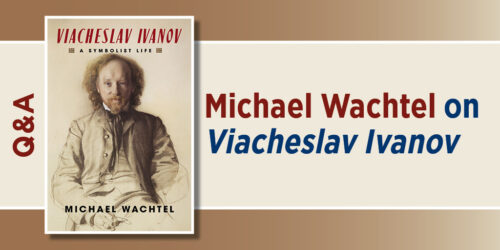Post-Convention Wrap-Ups — The MLA
The two weeks after Christmas are kind of the equivalent of “March Madness” for academia and scholarly publishing with conferences for a variety of fields. Not surprisingly, these events are now blogged about and twittered. Over the next few days, we’ll recap some of the events as they were reported by Web sites and blogs. We’ll start with the Modern Language Association (MLA):
Speaking of Twitter, The Chronicle of Higher Education in their last roundup of the MLA cited twitter as both a “hot topic” and a “hot research topic.” (Other hot research topics included Animal Studies and digital scholarship). The twitter panel along with digital scholarship, digital pedagogy and all things digital drew the attention of many others including, Cathy Davidson of Duke University, Matthew Gold, of the CUNY Graduate Center, who participated on the panel on twitter, and John Jones, who offers an interesting recap of the twitter panel at the Humanities, Arts, Science, Technology, Advanced Collaboratory blog. All these posts point to the need to better integrate these technologies and has the potential to change not only the way we communicate but the ways in which we read and write texts.
Not surprisingly, concerns about a shrinking job market was on the minds of many as reported by The Chronicle here, here, and here.
One of the more controversial events at the convention was the panel discussion of Stanley Fish’s new book Save the World on Your Own Time. As you might be able to guess from his title, Fish is calling for the classroom to become a less political place. His argument was challenged by both Judith Butler and Jonathan Culler. Besides the report from the Chronicle, Roxie’s World also weighed in, proclaiming Butler the victor in the debate, as did Matthew Biberman, a former Fish student.
For a more official but still opinionated views, Rosemary Feal, executive director of the MLA, also blogged the convention, including an interesting post on the panel “The Way We Teach Now,” whose participants included Michael Berube, Amanda Anderson, and Rita Felski, and which underscored the convention’s renewed interest in pedagogy.
Finally, for more unofficial views there is Rate Your Students (RYS) (you’ll need to to a bit of scrolling). RYS gives a more “gritty” and ground’s-eye view of the conference, including the perils of interviewing (check out the post: Does Anyone Know How to Interview: Ten Mistakes from Yesterday’s MLA), awkward social moments, and more. And for those frustrated by the job market, there is always sex or at least a conference about sex at the MLA as reported by Inside Higher Ed in their provocatively titled article, “Handjobs at the Hilton”: A Report on MLA Sex.



